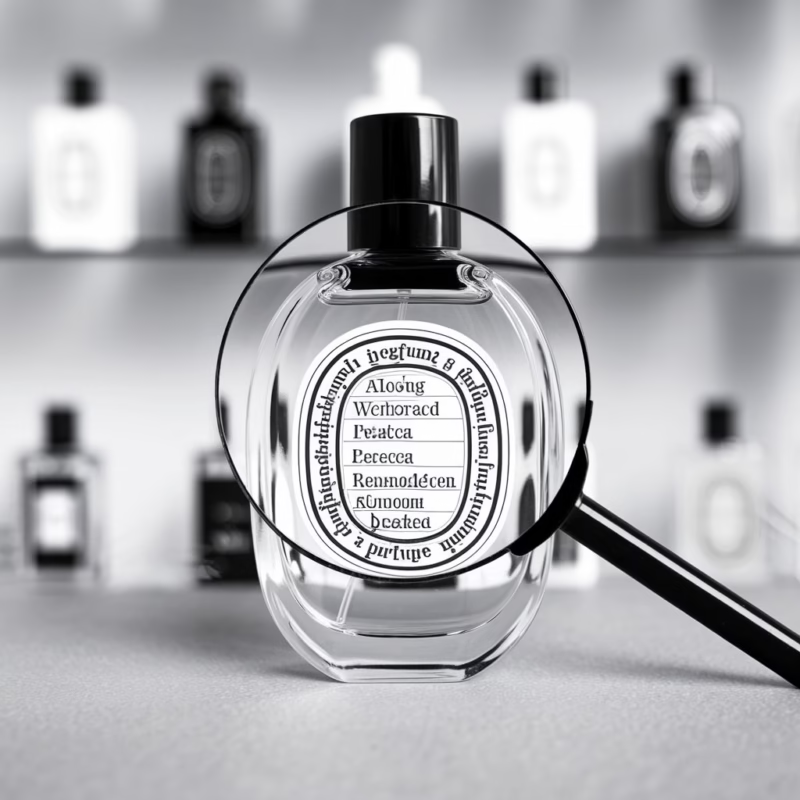Introduction
Perfumes make us smell great, but have you ever wondered what’s inside them? Many fragrances contain phthalates—chemicals linked to health risks. If you’ve ever asked:
- Which perfumes have phthalates?
- Are perfumes toxic?
- What are safer, non-toxic perfumes?
This guide explains everything about perfume chemicals, their risks, and how to choose phthalate-free fragrances.
What Are Phthalates?
Phthalates are chemicals used to:
- Make scents last longer
- Help perfume stick to skin
- Soften plastic in perfume caps
Common types in perfumes:
- DEP (Diethyl Phthalate) – Most common
- DBP (Dibutyl Phthalate) – Banned in the EU
- DEHP (Diethylhexyl Phthalate) – Highly restricted
Which Perfumes Contain Phthalates?
Many big-brand perfumes use phthalates, especially:
- Designer fragrances (Chanel, Dior, Calvin Klein)
- Celebrity perfumes (Ariana Grande, Britney Spears)
- Affordable body mists (VS Pink, Bath & Body Works)
Why? Phthalates are cheap and make fragrances last longer.
How to Check?
- Look for “phthalate-free” labels (rare in mainstream brands).
- Check ingredients for “DEP,” “DBP,” or “fragrance” (a hidden term for phthalates).
- Search EWG’s Skin Deep Database (environmentalworkinggroup.org).
Are Perfumes Toxic? Health Risks of Phthalates
Studies link phthalates to:
✔ Hormone disruption (mimics estrogen)
✔ Allergies & asthma (especially in kids)
✔ Skin irritation (redness, rashes)
✔ Long-term risks (linked to fertility issues)
Most at risk?
- Pregnant women
- Children
- People with sensitive skin

Perfume Ingredients to Avoid
Besides phthalates, watch out for:
- Parabens (preservatives that disrupt hormones)
- Synthetic musks (build up in the body)
- Benzyl alcohol (can irritate skin)
- Formaldehyde (found in some cheap perfumes)
Safer Alternatives: Non-Toxic Perfumes
1. Phthalate-Free Brands
- Skylar (clean, hypoallergenic scents)
- Heretic Parfums (100% natural oils)
- Clean Reserve (eco-friendly alcohol base)
2. Natural & Organic Options
- Attars (traditional, alcohol-free oils)
- Essential oil blends (lavender, rose, sandalwood)
- DIY perfumes (jojoba oil + flower extracts)
How to Switch Safely
- Patch-test new perfumes (apply on wrist, wait 24hrs).
- Buy from trusted brands (check certifications like USDA Organic).
- Store properly (keep away from heat to prevent chemical breakdown).
Final Verdict: Should You Stop Using Perfume?
Not necessarily! But if you’re concerned:
✔ Choose phthalate-free fragrances
✔ Avoid “fragrance” as an ingredient
✔ Go for natural attars or essential oils

